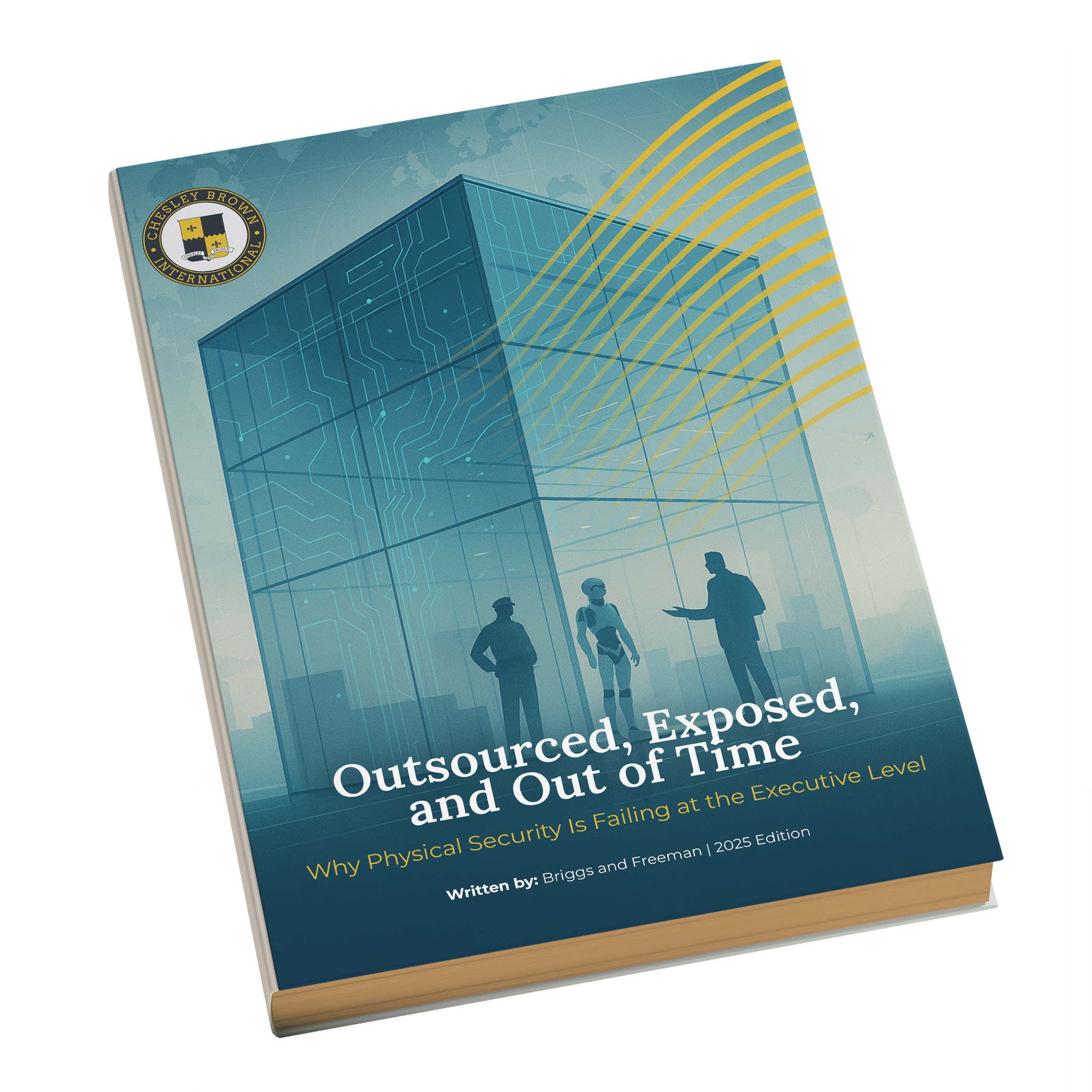Ensuring Safety and Reducing Disruptions
With Election Day only a week away, businesses and community leaders are in the final sprint to prepare for any potential disruptions. While there may not be time for long-term strategies, impactful, practical steps can still help keep teams and property safe. And remember, political unrest can extend beyond Election Day—leaders should stay vigilant through at least inauguration day, or further. Here’s how to use this week effectively to safeguard your organization.
Revisit and Reinforce Your Crisis Communication Plan
A strong crisis communication plan is essential in a high-stakes environment. Use this week to review and ensure that emergency alerts, PA systems, and messaging groups are up-to-date and ready to deploy.
- Prepare Messages Now: Draft clear, reassuring messages for scenarios like shelter-in-place orders, lockdowns, or early closures.
- Assign Roles: Ensure each team member knows their communication role, whether it’s alerting employees or coordinating with local authorities.
For a quick reference on effective crisis communication, see our guide here.
Secure Your Premises for Immediate Protection
With limited time, focus on practical, high-impact steps to secure your physical environment. Review access points, locks, and ensure cameras are positioned in high-visibility areas.
- Control Access: Limit entry points and verify that only authorized personnel have access. Pre-authorize security and engineering teams to lock down entry access when necessary.
- Enhance Surveillance: Place visible cameras in high-traffic areas and test systems to ensure they’re working properly.
- Reduce Risks: Secure high-value or sensitive items out of sight, and remove any objects that could aid in unauthorized entry or property damage.
- Add Temporary Barriers: Consider temporary fencing if protests or large gatherings are expected nearby.
- Notify Tenants and Customers: Inform all stakeholders about your safety measures and let them know updates will follow as needed.
For more guidance, check out our article on securing businesses during public events.
Connect with Local Authorities and Security Teams
Even with limited time, a quick call or email to local law enforcement or security partners can go a long way. Being on the same page helps ensure quicker response times and effective communication.
- Quick Check-In: Touch base with local authorities to learn about any planned election presence or strategies.
- Update Contacts: Ensure employees have the latest emergency contacts, and that key personnel know whom to contact in a crisis.
Brief Employees on Safety Protocols and Options
Hold a brief, focused meeting with employees to cover actionable safety procedures and provide reassurance.
- Review Protocols: Go over shelter-in-place procedures, evacuation routes, and any temporary changes to entrances and exits.
- Clarify Remote Work Options: Remind employees about any remote work policies in case of increased activity near your location.
- Prepare Support Personnel: Inform security and facilities teams about the possibility of extended shifts or blocked access, allowing them to plan accordingly.
Plan for Follow-Up Beyond Election Day
Election-related tensions can linger, so maintain extended vigilance through early January. Consider scheduling a post-election debrief to assess your protocols and keep the team prepared.
- Extend Surveillance: Keep crisis communication plans and safety protocols on standby beyond Election Day, as incidents may arise well into January.
Conclusion
In this final stretch, effective preparation is key to maintaining organizational stability. By reinforcing security, guiding your team, and staying prepared for the longer term, you’re creating a safer environment for all. Chesley Brown is here to support your planning and security needs—connect with us today to discuss strategies for keeping your team safe and operations smooth.
Sign up!
For industry-leading guides and analysis sign up for our blog below.
Latest News
Community Policing Strategies: Building Trust and Safety
Written by: James Hart It’s always important to remember: Private security officers aren’t police, and police aren’t security officers. The two roles are both important, but they have fundamental differences. “Security officers can’t be everywhere,…
Securing Infrastructure: How to Prepare for Disruptions to Critical Services and Systems in Your Business
Written by: James Hart Infrastructure is one of the great blessings of the modern age. Flip a switch, turn on a faucet, launch a browser window, and you can generally assume the giant invisible systems…
Security Challenges in Shopping Centers — and How to Overcome Them
Written by: James Hart Overcoming the Biggest Security Challenges in Shopping Centers The retail business has never been for the faint of heart. In recent years, however, security problems have made it even more challenging…
Securing Office Buildings: Best Practices for Property Managers Seeking a Safer, More Secure Environment
Written by: James Hart As competition for tenants remains high, property managers must not overlook the importance of effectively securing their office buildings, according to experts from Chesley Brown International, the security consulting and risk…
Introducing Ray Strobel: Director of the Waterfront
We’re thrilled to announce the promotion of Ray Strobel to the role of Public Safety Director at the Waterfront in Pittsburgh’s Steel Valley! Ray brings with him a wealth of experience and a unique perspective from his extensive background in law enforcement and service to our country. We sat down with Ray for a fun interview to get to know him better and learn about his journey with Chesley Brown and beyond.







